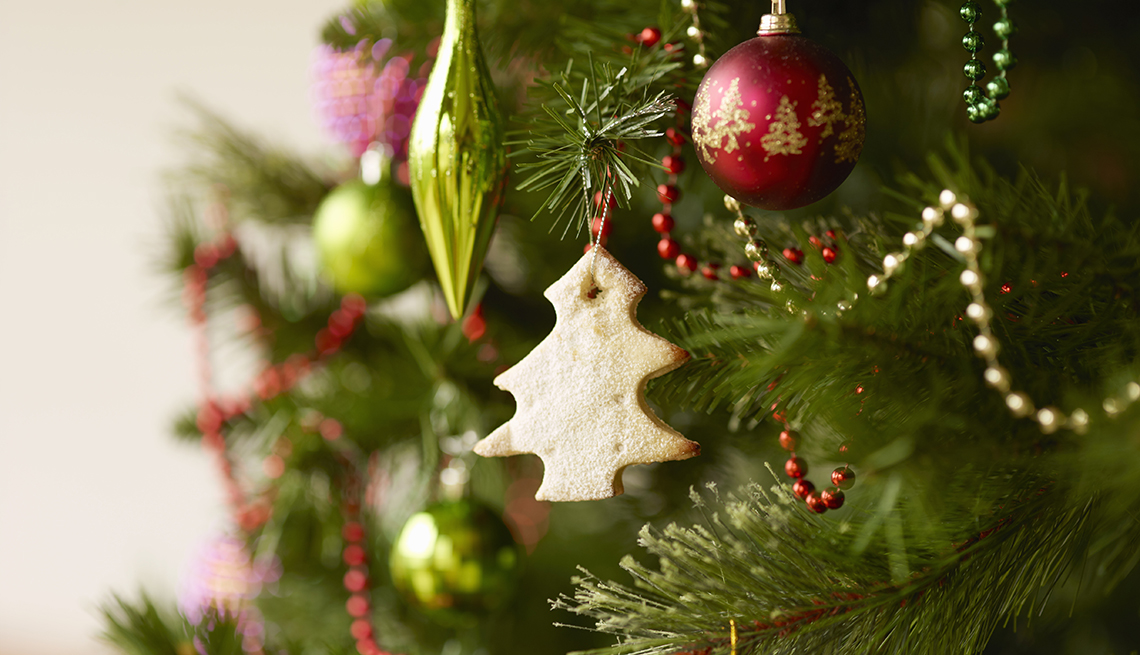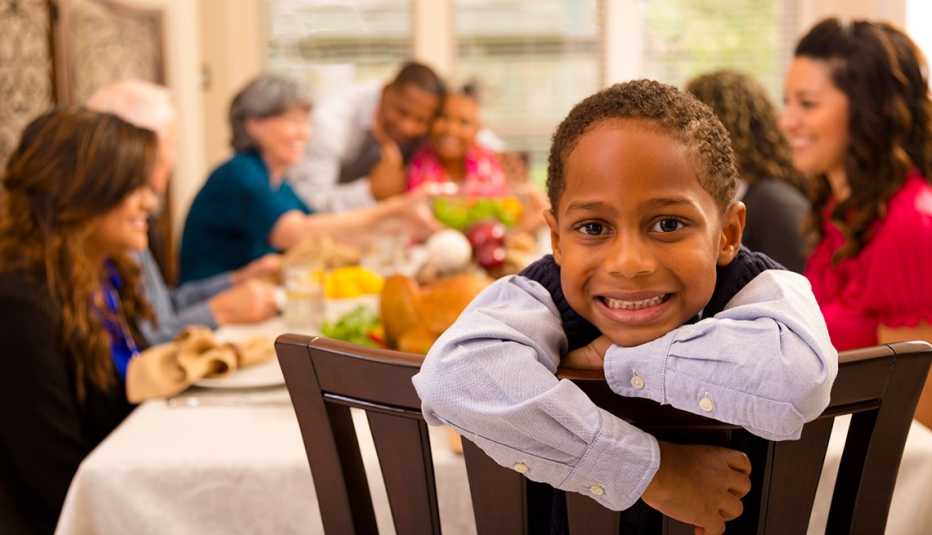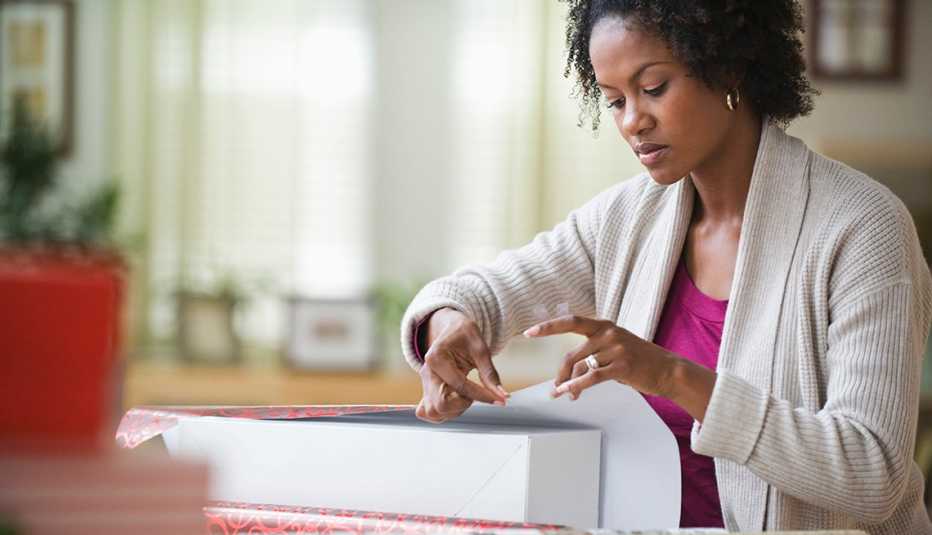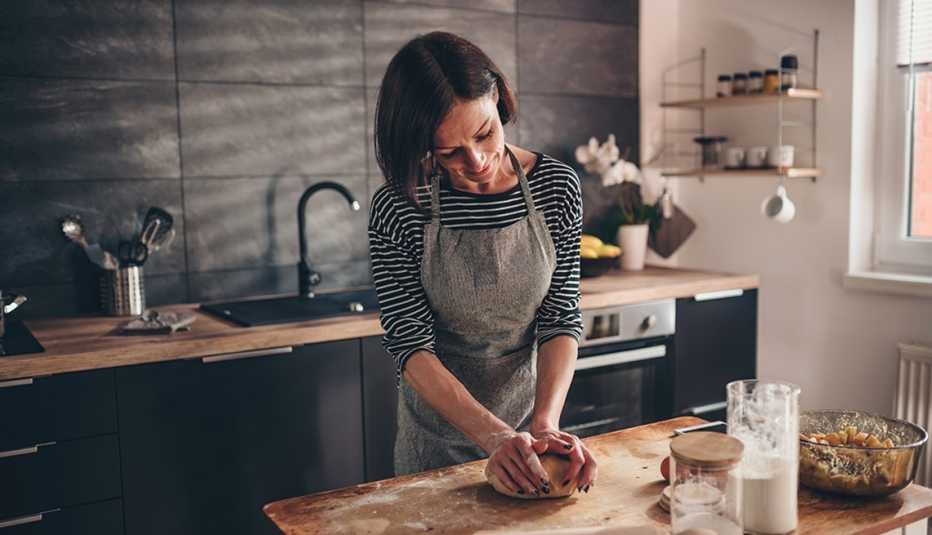Staying Fit
Bernadette Garcia was never one to decorate for the holidays.
Garcia, 53, an operations agent for Southwest Airlines in Reno, Nevada, usually popped down to Los Angeles for a couple of days to spend Christmas with her parents — so why bother with a tree and all the holiday stuff? In fact, she’d given away a lot of her decorations.
Then came the pandemic, and she faced Christmas 2020 on her own.


AARP Membership— $12 for your first year when you sign up for Automatic Renewal
Get instant access to members-only products and hundreds of discounts, a free second membership, and a subscription to AARP the Magazine.
“I actually made the effort to decorate my house as much as I could,” she says. “The big tub I have in my guest room — everything came out last year, because I knew I was going to be spending it mostly by myself. And I wanted to be festive.”
The lesson she learned from last year? Christmas decorations give her joy. This year, even though she might still go to visit her parents, she’ll put up a tree and decorate it with vintage ribbon bows and glass ornaments. She’ll take out the Christmas tchotchkes she picked at estate sales this year. And she’ll put out the holiday tablecloth and maybe invite some friends over.

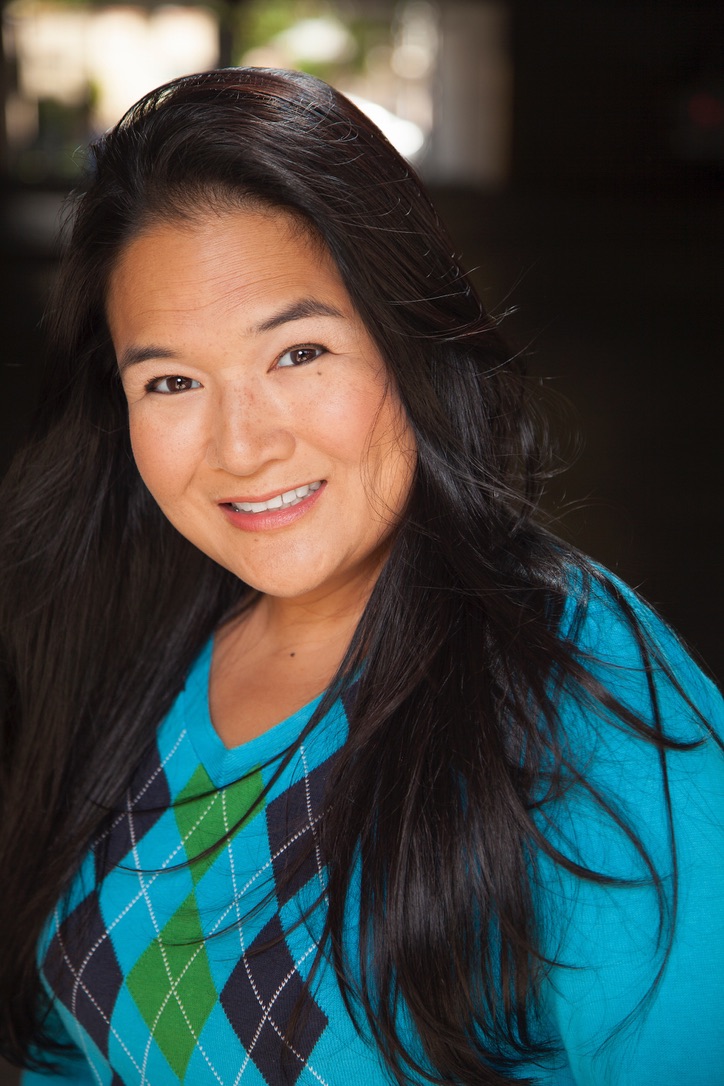
Few of us want a repeat of last year’s holiday season, with its COVID-19 restrictions and isolation. But disruption encourages us to break old habits and test new ones, some of which we learn to like, says Peggy Jablonski, 61, an executive coach and consultant based in Brewster, Massachusetts. Embracing new customs can also ease the frustration when things don’t snap back to “normal,” she says.
“If you just think of it as, I just want to get back to normal, then you’re not open to seeing the possibilities that come from the changes that have occurred,” says Jablonski. “The other way to say it is, we’re all in a new normal. Or coming up with our own version of what is a new normal for ourselves or our family or our organization.”
Adapting holiday traditions
Jablonski describes this as an “emerging year,” because we are still in the process of creating new customs and traditions.



























































